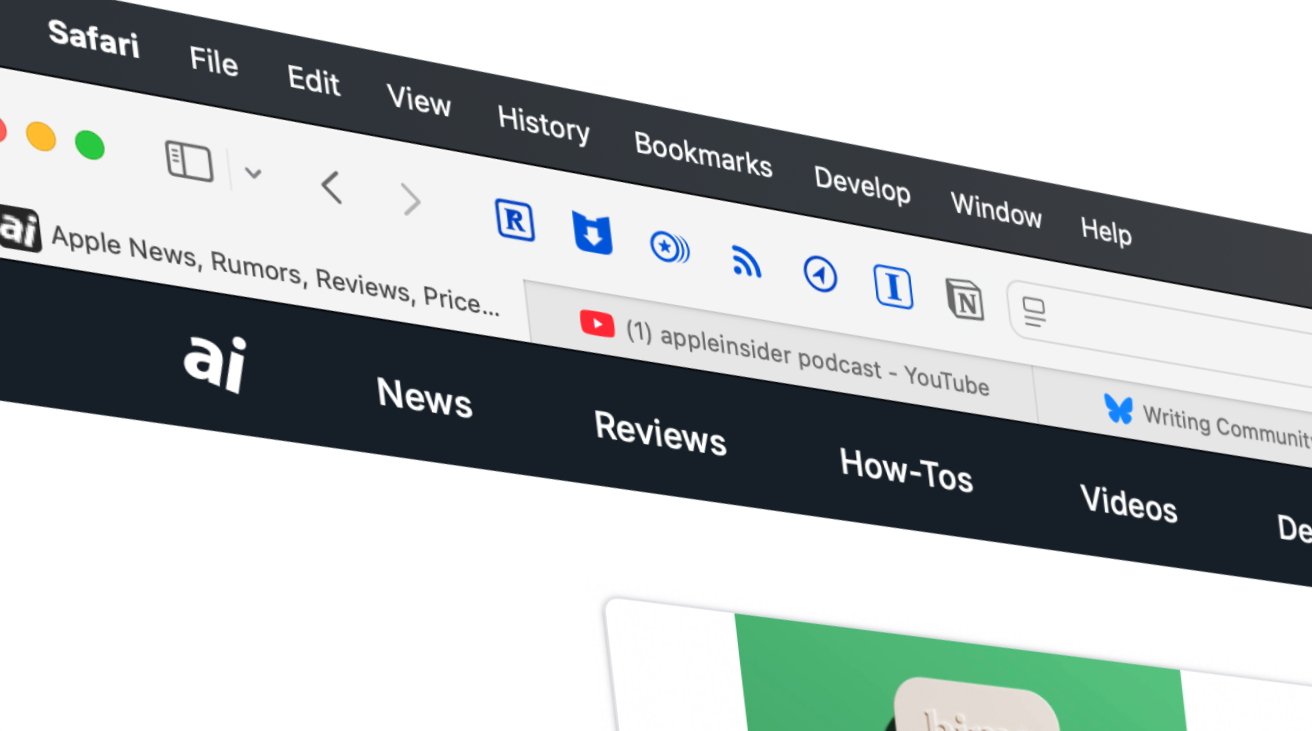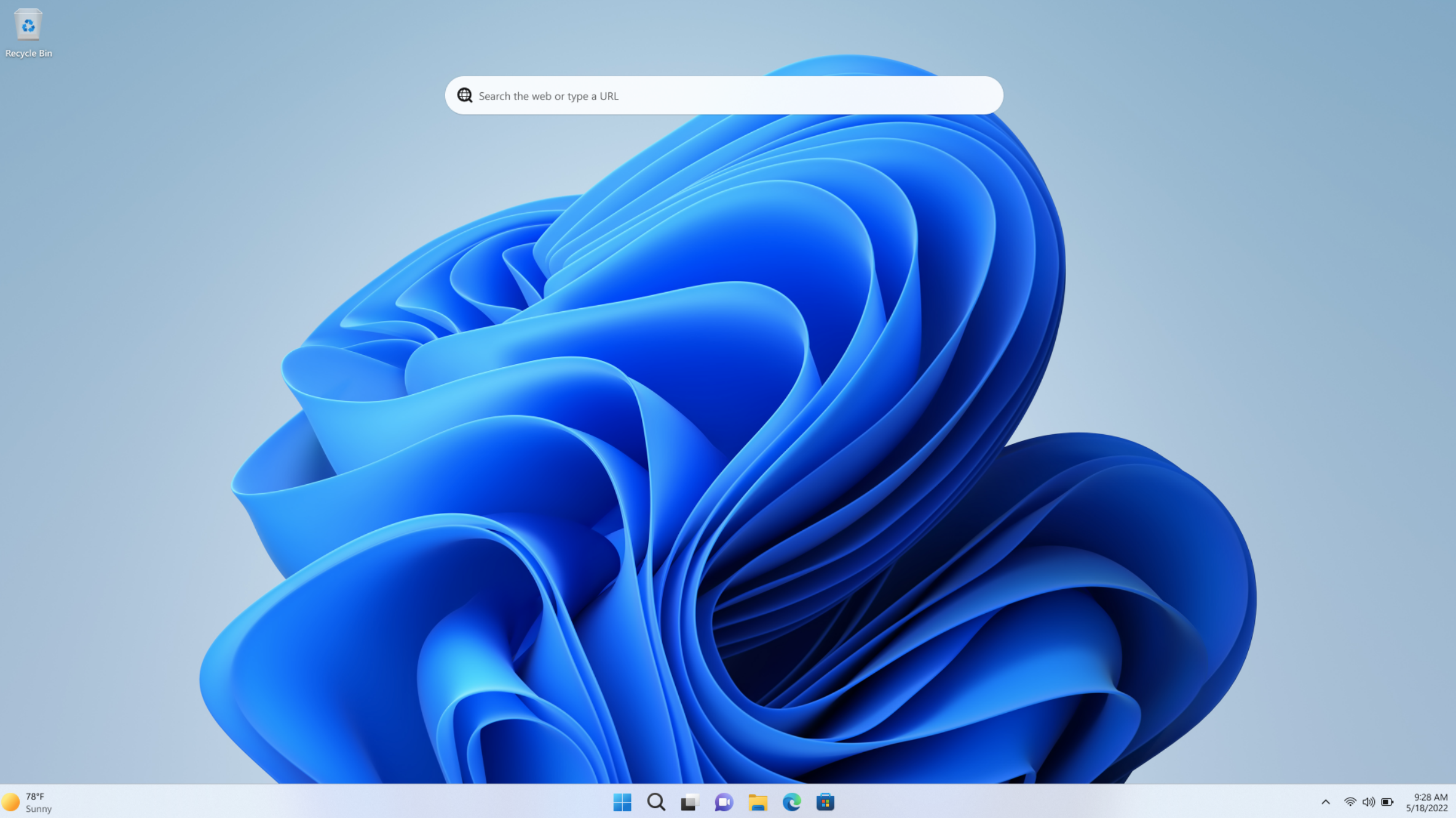Windows 12 wasn’t mentioned at CES 2025. That’s a good thing
Microsoft is currently focusing all they can on Windows 11. Not only did the company recently dub 2025 as the “Year of the Windows 11 PC Refresh,” but this year’s CES has been all about Windows 11 and the new Copilot+ PCs that Microsoft has been trying to push. All of this might come as a surprise, with some industry insiders over the past couple of years assuming that a new version of Windows (christened “Windows 12”) could be released as early as 2024. But now, the signs look bleak. Clearly Microsoft has been pouring all of its attention on the development of Windows 11 24H2, which ended up being the massive update that arrived near year’s end. That’s why sites like Windows Latest no longer believe that Windows 12 is being planned, at least for now. Too much currently depends on Windows PC users switching over to Windows 11 by October, when support for Windows 10 ends — and I think that’s exactly right, for various reasons. Related: The best tech at CES 2025 Users are reluctant to switch over It’s notable that Windows 11 continues to struggle to be recognized as the one and only version of Windows. Many users still prefer Windows 10, partly because Windows 11 has prohibitive hardware requirements, partly because the Windows 11 experience is less than ideal, and partly because users just don’t like change. According to StatCounter, Windows 10 still claims over 62 percent of worldwide desktop market share while Windows 11 lags behind at just over 34 percent. If you haven’t been able to convince these users to switch to Windows 11 by now, what else can you do? If they aren’t amenable to Windows 11, why would Windows 12 be able different? Get Windows 11 Pro for cheap Windows 11 Pro For many, Windows 10 is simply familiar. It’s what they’re used to. They don’t want to deal with a new interface, missing functionality, and the trouble of relearning how to do the same things in another environment. And it’s so bad that many will likely stick with Windows 10 even after support ends and they stop getting security updates. Which spells a serious situation for Microsoft. The company needs to make Windows 11 more attractive so users will switch over, but those same users would be less likely to do so if they knew a “Windows 12” was right around the corner. So, the right move is to hold off and make sure not to announce it too early — or better still, keep it quiet. Windows 11 24H2 is a hot mess Another reason might be that Microsoft has had major problems with their massive Windows 11 24H2 update. In the weeks following its release in October 2024, new reports of bugs and crashes were popping up with alarming frequency, for users on all kinds of hardware. The developers at Microsoft have clearly had their hands full as they try to quash as many bugs as they can and rescue the unstable operating system for users. Those efforts continue to this day. But for those who aren’t yet on Windows 11, the problematic 24H2 update is a big red flag and microcosm of the greater Windows 11 experience. And for those who only recently switched over to Windows 11, this update is a hugely negative and staining experience. Announcing Windows 12 so soon after the Windows 11 24H2 debacle would surely be received poorly by users and critics alike. AI and Copilot+ PCs need more work We also can’t forget artificial intelligence, which has established itself as a major trend over the past few years — and Microsoft is certainly no stranger to that as it pushes for Copilot+ PCs even in 2025. At CES 2025, we saw that Microsoft wants to run Copilot locally on your PC, just one of the many steps the company is taking to embrace AI. But the truth is, Copilot+ PCs just aren’t good enough yet. And Windows 11 is, of course, closely linked to all of this. Users are still skeptical of flagship AI features like Windows Recall, and Microsoft still has a lot of work to do to make AI viable for users and also convince users that they can benefit from the company’s AI offerings. Until then, it seems unwise to split focus and push Windows 12 at the same time. Doing so would be like the company standing in its own way and botching its own chances at success. For all of these reasons, I think it’s highly unlikely we’ll see Windows 12 mentioned this year. Nor do I expect it in 2026, even if all remaining Windows users switch to Windows 11 by then. Right now, too much depends on the refinement and success of Windows 11 for it to be a good idea for Microsoft to pursue something as monumental as Windows 12. Further reading: How will NPUs and Windows AI grow in 2025?

Microsoft is currently focusing all they can on Windows 11. Not only did the company recently dub 2025 as the “Year of the Windows 11 PC Refresh,” but this year’s CES has been all about Windows 11 and the new Copilot+ PCs that Microsoft has been trying to push.
All of this might come as a surprise, with some industry insiders over the past couple of years assuming that a new version of Windows (christened “Windows 12”) could be released as early as 2024.
But now, the signs look bleak. Clearly Microsoft has been pouring all of its attention on the development of Windows 11 24H2, which ended up being the massive update that arrived near year’s end.
That’s why sites like Windows Latest no longer believe that Windows 12 is being planned, at least for now. Too much currently depends on Windows PC users switching over to Windows 11 by October, when support for Windows 10 ends — and I think that’s exactly right, for various reasons.
Related: The best tech at CES 2025
Users are reluctant to switch over
It’s notable that Windows 11 continues to struggle to be recognized as the one and only version of Windows. Many users still prefer Windows 10, partly because Windows 11 has prohibitive hardware requirements, partly because the Windows 11 experience is less than ideal, and partly because users just don’t like change.
According to StatCounter, Windows 10 still claims over 62 percent of worldwide desktop market share while Windows 11 lags behind at just over 34 percent. If you haven’t been able to convince these users to switch to Windows 11 by now, what else can you do? If they aren’t amenable to Windows 11, why would Windows 12 be able different?
For many, Windows 10 is simply familiar. It’s what they’re used to. They don’t want to deal with a new interface, missing functionality, and the trouble of relearning how to do the same things in another environment. And it’s so bad that many will likely stick with Windows 10 even after support ends and they stop getting security updates.
Which spells a serious situation for Microsoft. The company needs to make Windows 11 more attractive so users will switch over, but those same users would be less likely to do so if they knew a “Windows 12” was right around the corner. So, the right move is to hold off and make sure not to announce it too early — or better still, keep it quiet.
Windows 11 24H2 is a hot mess
Another reason might be that Microsoft has had major problems with their massive Windows 11 24H2 update. In the weeks following its release in October 2024, new reports of bugs and crashes were popping up with alarming frequency, for users on all kinds of hardware.
The developers at Microsoft have clearly had their hands full as they try to quash as many bugs as they can and rescue the unstable operating system for users. Those efforts continue to this day.
But for those who aren’t yet on Windows 11, the problematic 24H2 update is a big red flag and microcosm of the greater Windows 11 experience. And for those who only recently switched over to Windows 11, this update is a hugely negative and staining experience.
Announcing Windows 12 so soon after the Windows 11 24H2 debacle would surely be received poorly by users and critics alike.
AI and Copilot+ PCs need more work
We also can’t forget artificial intelligence, which has established itself as a major trend over the past few years — and Microsoft is certainly no stranger to that as it pushes for Copilot+ PCs even in 2025.
At CES 2025, we saw that Microsoft wants to run Copilot locally on your PC, just one of the many steps the company is taking to embrace AI. But the truth is, Copilot+ PCs just aren’t good enough yet.
And Windows 11 is, of course, closely linked to all of this. Users are still skeptical of flagship AI features like Windows Recall, and Microsoft still has a lot of work to do to make AI viable for users and also convince users that they can benefit from the company’s AI offerings.
Until then, it seems unwise to split focus and push Windows 12 at the same time. Doing so would be like the company standing in its own way and botching its own chances at success.
For all of these reasons, I think it’s highly unlikely we’ll see Windows 12 mentioned this year. Nor do I expect it in 2026, even if all remaining Windows users switch to Windows 11 by then. Right now, too much depends on the refinement and success of Windows 11 for it to be a good idea for Microsoft to pursue something as monumental as Windows 12.
Further reading: How will NPUs and Windows AI grow in 2025?
What's Your Reaction?



































/cdn.vox-cdn.com/uploads/chorus_asset/file/25829977/STK051_TIKTOKBAN_B_CVirginia_C.jpg)





